Which Coding Technology Should I Use?
There are a number of options available when it comes to coding and marking. Finding the right technology for you will depend on several factors within your production environment. These may include the substrates you are working with, the products you are making, the types of code you need to apply and the speed of your production lines.
Here we take a look at which options are best suitable for the substrate you are printing onto.
PLASTIC
CONTINUOUS INKJET CODING Ax Series
Advanced UV inks provide solvent and scratch-resistant coding
Fade-resistant inks ensure the longevity of codes
Rapidly prints clean and clear codes onto plastic
SCRIBING LASER SYSTEMS D Series
Special wavelengths for certain plastics such as PET or PP
Unlimited graphical capabilities in any orientation
Compact and flexible ideal for small spaces
THERMAL INKJET PRINTING Gx Series
Instant drying time
High contrast and high-quality codes achieved on flat surfaces
Minimal downtime at high speeds
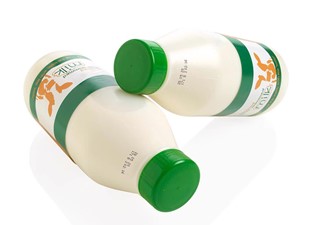
CARDBOARD
THERMAL INKJET PRINTING Gx Series
Instant drying time
High contrast and high-quality codes achieved on flat surfaces
Minimal downtime at high speeds
PRINT AND APPLY LABELLING M series
Flexible and adaptable
Always high contrast and easy to read by human or machine
Low cost of consumables
LARGE CHARACTER CODING Cx Series
High-quality alphanumeric and graphics ideal for plasterboard
Top-down coding for sheet and web applications
High volume ink systems for demanding high throughput applications
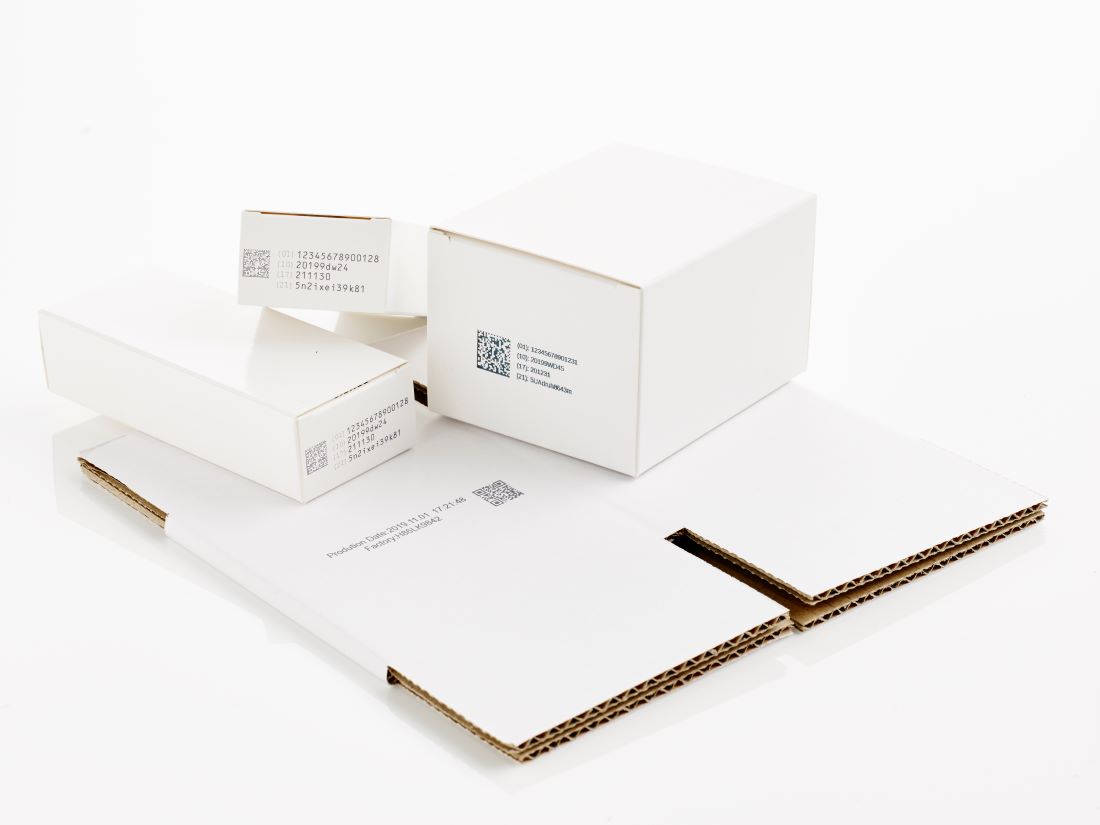
FLEXIBLE PACKAGING
THERMAL INKJET PRINTING Gx Series
Multiple print heads to deliver multiple codes across the substrate
Print complex codes at line speeds of up to 300m/min
High-quality machine-readable codes including barcodes and graphics
THERMAL TRANSFER OVERPRINTING V series
Designed and developed specifically for printing onto flexible packaging
Print text, data, graphics, QR codes and logos over a large area
Store thousands of pre-prepared codes in the printer’s memory
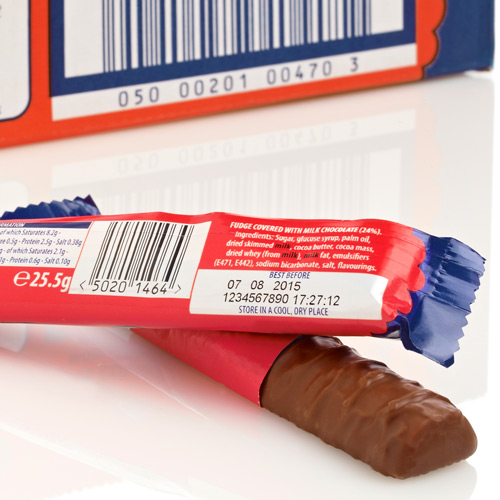
TIMBER
THERMAL INKJET PRINTING Gx Series
Water-based ink is ideal for a porous timber substrate
Instant drying time
High contrast and high-quality codes are achieved on timber surfaces
CONTINUOUS INKJET CODING Ax Series
High resilience to wood treatments
Inks suitable on a range of porous and non-porous treated wood
Abrasion-resistant coding is ideal for product identification
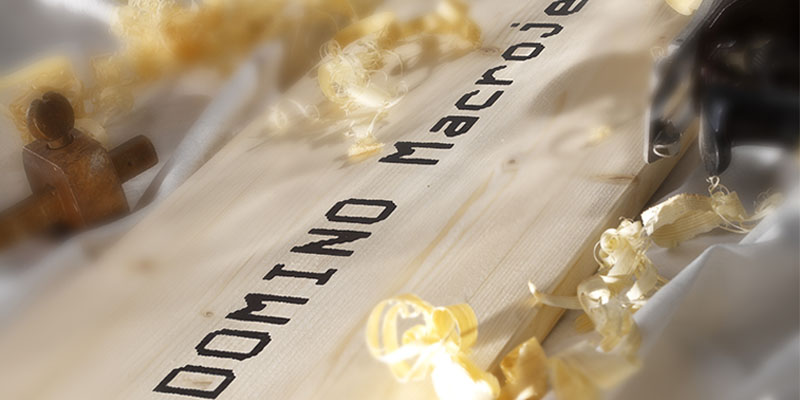
PLASTERBOARD
THERMAL INKJET PRINTING Gx Series
Water-based inks suitable for porous plasterboard surface
Large range of interfaces available for communication to production machinery
Prints logos and machine-readable codes including barcodes and graphics
LARGE CHARACTER CODING Cx Series
High-quality alphanumeric and graphics ideal for plasterboard
Top-down coding for sheet and web applications
High volume ink systems for demanding high throughput applications
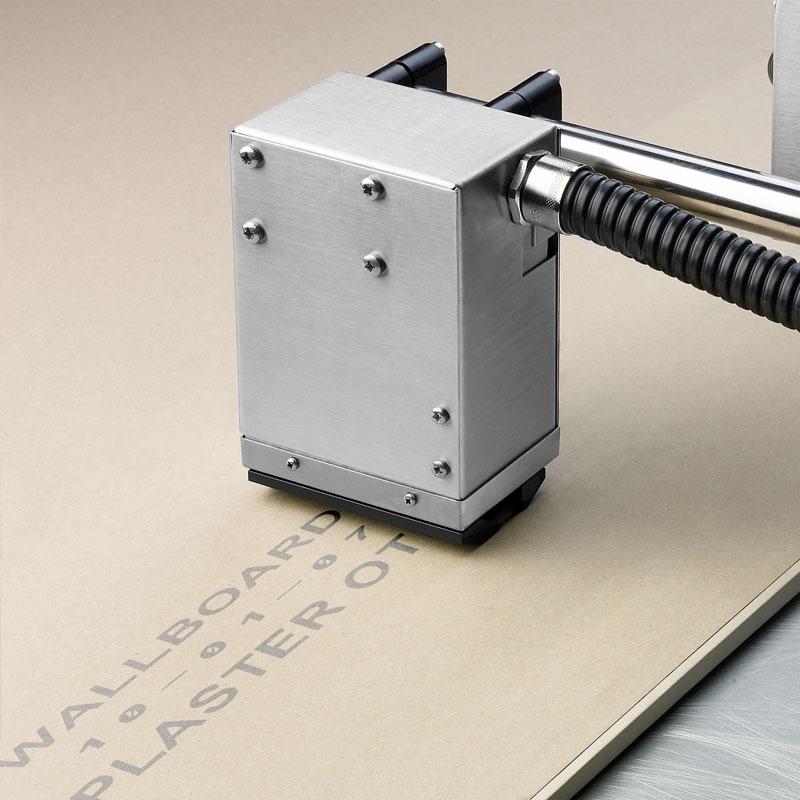
METAL
THERMAL INKJET PRINTING Gx Series
Minimal downtime at high speeds
Fast-drying alcohol-based inks adhere to a wide variety of metal surfaces
High DPI gives a greater contrast which ensures a high level of readability
CONTINUOUS INKJET CODING Ax Series
Robust IP66 rating designed for the most demanding industrial environments
A large range of i-Pulse inks adhere to a wide variety of metal surfaces
Ideal coding solution for curved or indented metal surfaces
FIBRE LASER SYSTEMS F Series
Produces a high-contrast permanent code ideal for alluvium substrate
Permanent message coding that is water and solvent resistant
High pulse peak power can code bare aluminium, as well as coated or anodised aluminium
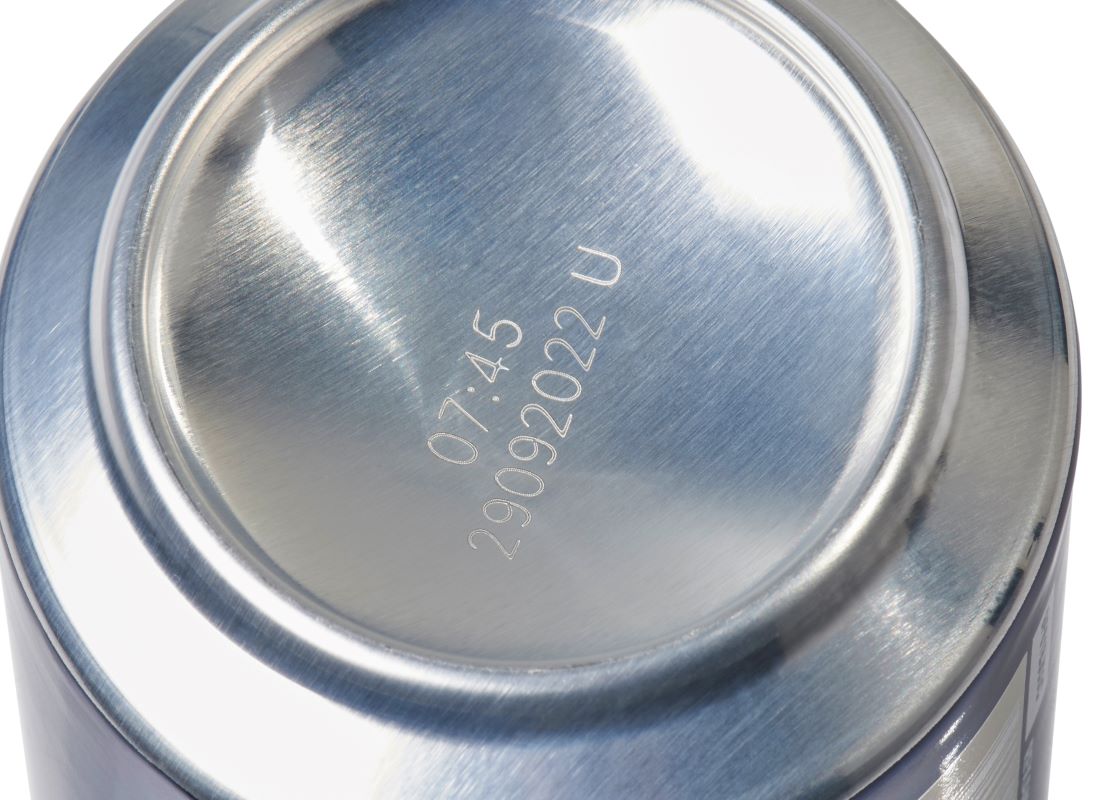
BAGS & SACKS
THERMAL INKJET PRINTING Gx Series
Water inks suitable for porous plasterboard surface
Controlled resolution from 60dpi to 600dpi
Machine-readable codes including barcodes and graphics
CONTINUOUS INKJET CODING Ax Series
Specially formulated inks adhere to a wide variety of surfaces
i-Pulse print head achieves the perfect drop even on curved and uneven surfaces
Robust IP66 rating ideal for harsh manufacturing environments
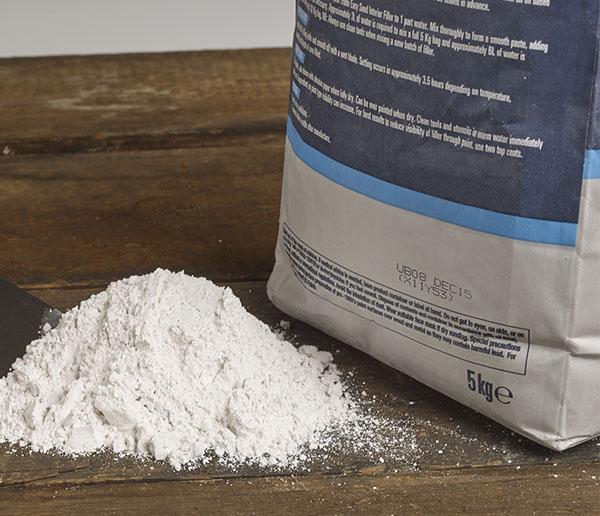
GLASS
CO2 LASER SYSTEMS D Series
Special scanning head ideal for larger web coding applications
Low operating cost, due to not using inks or solvents
High quality and discreet codes are produced on the glass
PRINT AND APPLY LABELLING M series
Flexible and adaptable
Always high contrast and easy to read by human or machine
Low cost of consumables
CONTINUOUS INKJET CODING Ax Series
Abrasion-resistant inks that will adhere to surfaces
Coding that is resistant to condensation and frost
Opaque inks produce legible codes on dark surfaces
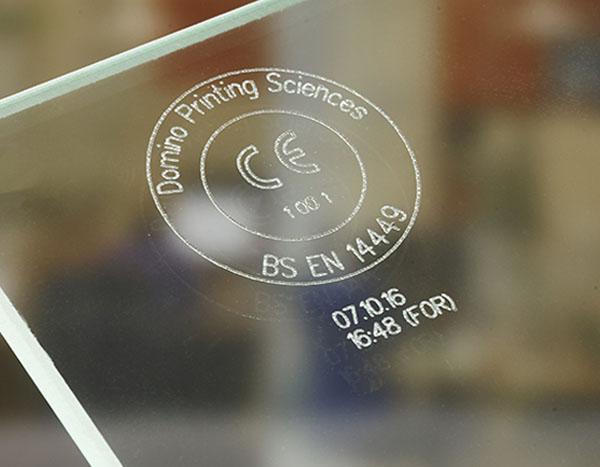
HDPE PIPES, CABLE & WIRE
CONTINUOUS INKJET CODING Ax Series
UV cured inks provide flexible permanent marking
Variable data and meter marking printed at high speeds
Specialty developed inks for cable and wire ensure zero offset
SCRIBING LASER SYSTEMS D Series
No consumables which ensure low cost of ownership
Minimal downtime at maximum speeds
Permanent and high-quality codes ensure perfect readability
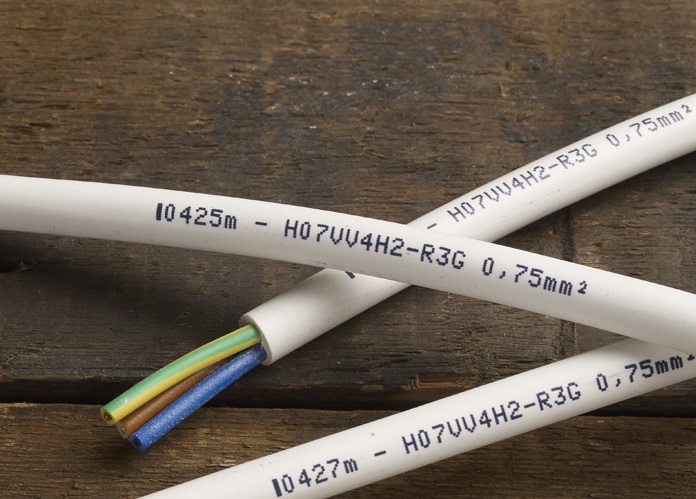
As production environments are pushed to produce more product per day and the variety of packaging designs increase, your coding technology needs to be as flexible as the material it is coding onto. Having fast, flexible and reliable coding technology is no longer a wish but a necessity to meet today’s modern production demands.
Transitioning from trusted legacy systems to the latest digital technology can feel daunting. However, the reality is that it allows manufacturers to enhance output, boost efficiency and increase production capacity. All of which is good for the bottom line.